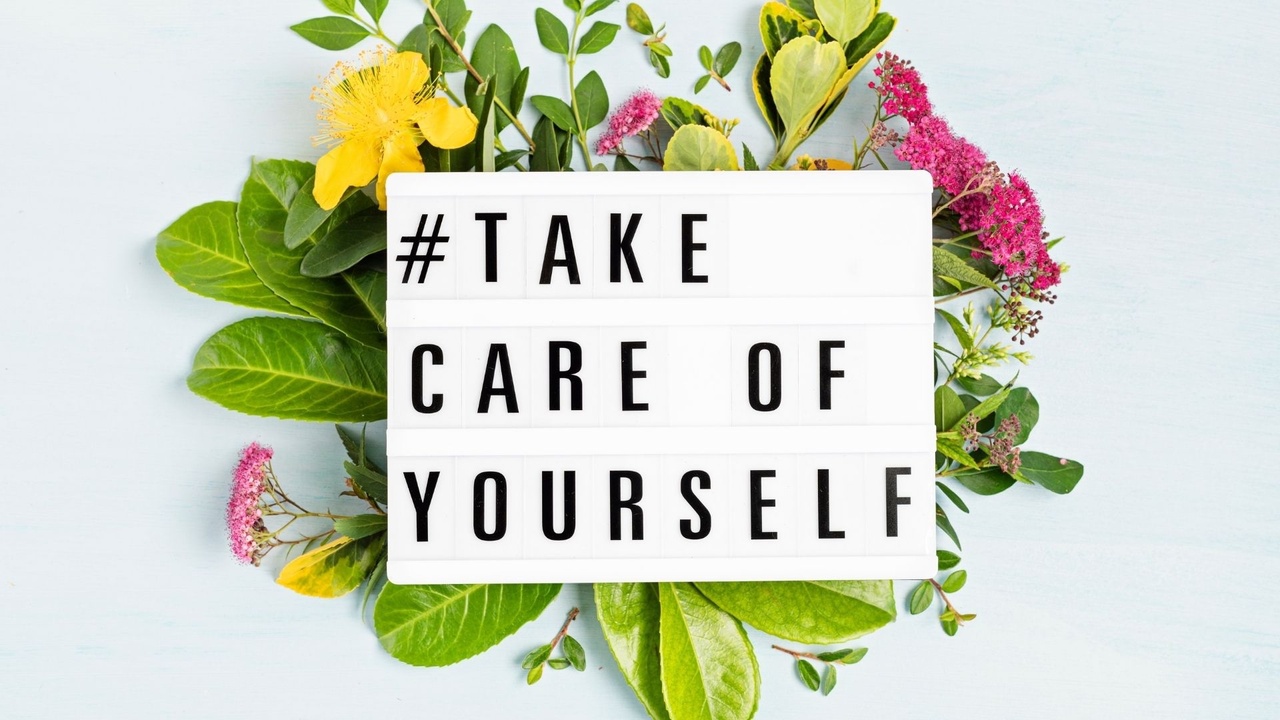Part Two: Understanding the Breath and Nervous System

Part Two: Understanding the Breath and Nervous System
If you haven’t checked out Part One of this four part breath work series, A Trauma Aware Approach to Breath Work I highly suggest you do so. We break down why a trauma aware and trauma informed approach is critical when teaching and coaching breath work.
Now we will dive in to the nuances and connection of the breath and nervous system to reveal exactly why a trauma aware/informed approach supports our clients best.
What is breath work?
We can’t talk about breath work without first acknowledging what the breath is. To breathe is to be alive and breathing is the most basic physiological process that is required for living. Pranayama, which is often used to refer to “breath work” is the one of the 8 limbs of yoga. Prana, means “life force”. Yama means “extension or control”.
The breath is automatic but we can also control it.
In order to control or manipulate it, we have to genuinely understand it. At a foundational se...
Perrin Wellness and Performance. The Journey

Hello! Welcome to my work.
My name is Emily Perrin and I am a Mental Health Therapist and Mindfulness and Performance Coach. I am so thankful you are here and I’m excited to share my journey with you in detail. Although my path to this work has not been linear much of it has been shaped by my own lived experience.
The truth is I grew up in and around sport. My Dad was a college basketball coach at the University of Virginia for the first 10 years of my life where he also received his Ph.D. in Sport Psychology. Some of my earliest childhood memories are running around University Hall (which sadly no longer exists) at UVA and going to team practices. Even after leaving college basketball he has continued to work with some of the best athletes in the United States. His career has taken him across multiple professional leagues including the NBA, MLS, NWSL and to two World Cups with the US Men’s National Team. From a very young age this was my life. I knew there was another side to s...
A Mindful and Holistic Approach to Athlete Recovery

If you have not tuned in to my 3 Part Blog series on the connection between Mental health and Recovery please do so! Why Failing to Prioritize Recovery is Impacting Your Mental Health is a detailed look at how recovery and the mental health of an athlete are intimately linked. This will also help you understand the type of nervous system shift we are looking for and explain what the Parasympathetic (Ventral Vagal) Nervous System State is (Referred to as PNS in this Blog).
If you have not downloaded my Free EBOOK: The Athletes Holistic Guide to Recovery, this can be a great place to start!
I am a full advocate of explaining the “why” behind things before giving an athlete or coach solutions or answers. I find that the “WHY” is often what empowers an athlete to step into taking care of themselves more efficiently.
The recovery process will be unique and individual for every single athlete. When working with an athlete or a team I find it best and most beneficial to give options ...
Balance Rumination

When we experience rejection and failure it is NATURAL to think about it. We are going to want to process it and as you have seen from my other principles I am a big fan of this. We need to process and we need to think. But what many of us experience post rejection and failure is actually rumination and THIS can be tough.
What is rumination? Rumination is when our thinking becomes a bit more obsessive, persistent and repetitive. Generally rumination has a negative tone and it creates anxiety for us. For me, it evokes physiological symptoms like an increase in my heart rate and feeling on edge. Rumination can be exhausting. But what differentiates rumination from processing is that it’s not really processing. You’re getting stuck. I love this description from Elizabeth Scott PhD (2020) “What distinguishes rumination from productive emotional processing or searching for solutions is that rumination doesn’t generate new ways of thinking, new behaviors, or new possibilities.” I SO r...
Practice Self Compassion

“The motivation of self compassion arises from love, while the motivation of self criticism arises from fear. Love is more powerful than fear.”
-Krisin Neff
Self Compassion is hard and it is very counterintuitive to how we typically operate as humans. Simply put, we’re a negative species. We have a negativity bias that serves us well up until a point. Oftentimes what happens when we face rejection or failure our self criticism kicks in. It can be quite addictive and spark a spiral of very critical self talk and rumination. If we failed it means we did something wrong so let’s beat ourselves up so that we can be better next time. If we get rejected, let’s critique ourselves as to WHY we weren’t enough.
Been there. Done that. It doesn’t work. In fact it makes things infinitely worse.
Especially in sport, there is definitely an attitude that if we fail we need to get back to the drawing board so we can figure out how to NOT fail again. Many people believe that being self critical ...
Drop the Judgment.

Here is a common human experience: We have a feeling or emotion. We don’t like it or judge ourselves for said feeling or emotion.
I can’t tell you how many times I have gone through failure and rejection and then beat myself up because I am taking it so hard.
Running dialogue:
“I shouldn’t be this sad”
“It’s not that big of a deal”
“I should be over this”
“It shouldn’t bother me”
“I should be more positive”
Anybody been there? We place so much judgment on how we think and feel. We are a judging species and although we will never NOT judge we can help ourselves out.
In his book “Wherever You Go There You Are,” Jon Kabat-Zinn describes what it might be like to not judge. “Imagine how it might feel to suspend all your judging and instead to let each moment be just as it is, without attempting to evaluate it as “good” or “bad”. This would be a true sillness, a true liberation” (page 55-56). This is what Mindfulness is all about and what we mainly try to accomplish in a mor...
Self Soothe and Self Care

Self Care. What a buzz word these days.
The National Institute of Mental Health (2020) defines self care as “taking the time to do things that help you live well and improve both your physical health and mental health.”
But to me that doesn’t really give us a direction for our self care. What does self care mean?
With COVID especially there has been a shift and A LOT of talk about self care. It’s no surprise that when we are dealing with hard things we NEED to take care of ourselves. In speaking with one of my closest friends last week about what I am going through she mentioned that “we have to have heightened self care when things are tough.”
Failure and rejection are tough.
But at the same time I feel like we’ve morphed self care into many activities, “acts of love” and pampering that aren’t actually taking care of ourselves. Great example, pouring yourself a glass of wine or making yourself a drink at the end of a long day has people hashtagging #selfcare left and right. ...
Process Your Emotions and Feelings

“If we don’t express our emotions, they pile up like a debt that will eventually come due.”
-Marc Brackett, PHD
Feel all the Feels.
We get clear on WHAT we’re feeling and we accept what we’re feeling but we have to actually do the feeling.
Unfortunately this is where more often than not we have to sit with our emotions and discomfort and allow time to heal. So. Freaking. Hard. But I promise this is THE only way.
Being Well with Dr. Rick Hanson and Forrest Hanson is an incredible podcast that I highly recommend. In a recent episode on navigating failure they described how the sooner we attend to our feelings when we face failure and rejection the better. Why? Because this is what both the mind and the body need. In order to move through and “regulate” our emotions in an efficient way we have to honor them and give ourselves permission to feel however we are feeling. Easier said than done.
One thing that can be incredibly helpful with this process is asking yourself WHE...
Get Clear on Your Emotions and Feelings

“Naming or labeling difficult emotions helps us disentangle or unstick from them.”
-Kristen Neff and Chris Germer
When it comes to failure and rejection there is a whole shit storm of emotion and feeling. It’s worth it to understand how greater society influences HOW we navigate emotion and how that might play into the experience of rejection and failure. Although our society has made progress we still very much view emotion as weak. Many people grow up in families that don’t talk about feelings at all. When it comes to failure and rejection, more often than not (particularly in sport) the message is to reflect, learn and then put your head down and get back to work. There is a time and place for that depending on the scenario, but this is missing a huge and MASSIVELY important part of how we process the emotion that comes with failure and rejection.
Processing emotion is hard. It’s uncomfortable and it can take time. But to be human means we will always have emotion.
Th...
Navigating Rejection and Failure. A Series.

“Success is not final, failure is not fatal: it is the courage to continue that counts.”
- Winston Churchill
“Today’s rejection may become tomorrow’s acceptance.”
― Ehsan Sehgal
Everyone deals with rejection and failure.
This is something we sign up for the day we are born. We face it almost everywhere we go, yet somehow, I’m not sure it ever gets any easier.
It’s important to note that failure and rejection are for the most part subjective. You may look at an experience and feel like you've failed, while someone on the outside looking in may view your experience as a win. I’m not here to debate what failure and rejection are and what they are not. It’s an individual experience that we will ALL face and feel and it’s hard.
As a former athlete playing at a highly competitive DI program, I faced rejection almost every day on and off the field. As a former college coach I remember countless attempts to handle situations with players or my other coaches that failed miserably....

